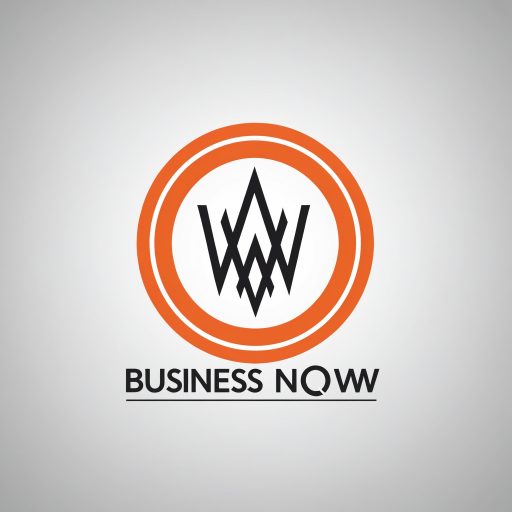In a notable shift in U.S.-China relations, President Donald Trump has indicated a willingness to de-escalate the ongoing trade war, suggesting that the current 145% tariffs on Chinese imports will be reduced, though not eliminated entirely. Speaking from the Oval Office, Trump stated, “It’ll come down substantially. But it won’t be zero,” attributing the steep tariffs to concerns over issues like fentanyl trafficking. He emphasized that the U.S. would set the terms of any future trade agreement, asserting, “If they don’t make a deal, we’ll set the deal.”
This announcement follows recent comments by U.S. Treasury Secretary Scott Bessent, who hinted at a potential major trade deal with China. Bessent’s remarks led to a rally in global financial markets, with U.S. indices experiencing significant gains.
However, China’s response has been cautious. A spokesperson for China’s Ministry of Commerce stated that no active negotiations were underway and reiterated that any dialogue must be based on mutual respect and equality. The spokesperson also emphasized that the U.S. must withdraw its unilateral tariff measures for negotiations to resume.
Despite these tensions, the prospect of a trade agreement has had a positive impact on investor sentiment. The S&P 500 index, a benchmark for U.S. equities, rose 1.7% as investors responded to the possibility of reduced trade barriers.
While the path to a comprehensive trade deal remains uncertain, President Trump’s recent statements signal a potential shift towards negotiation and compromise in the U.S.-China trade relationship.


